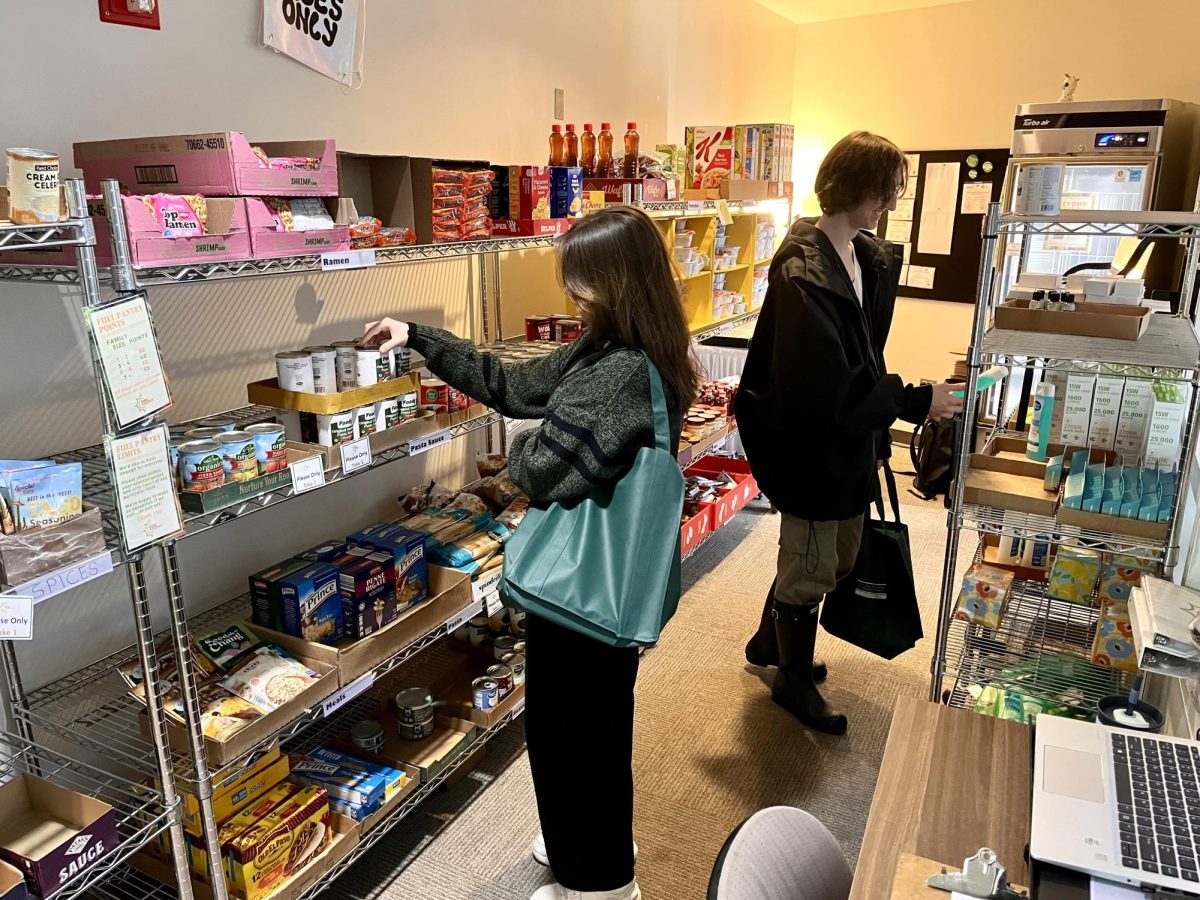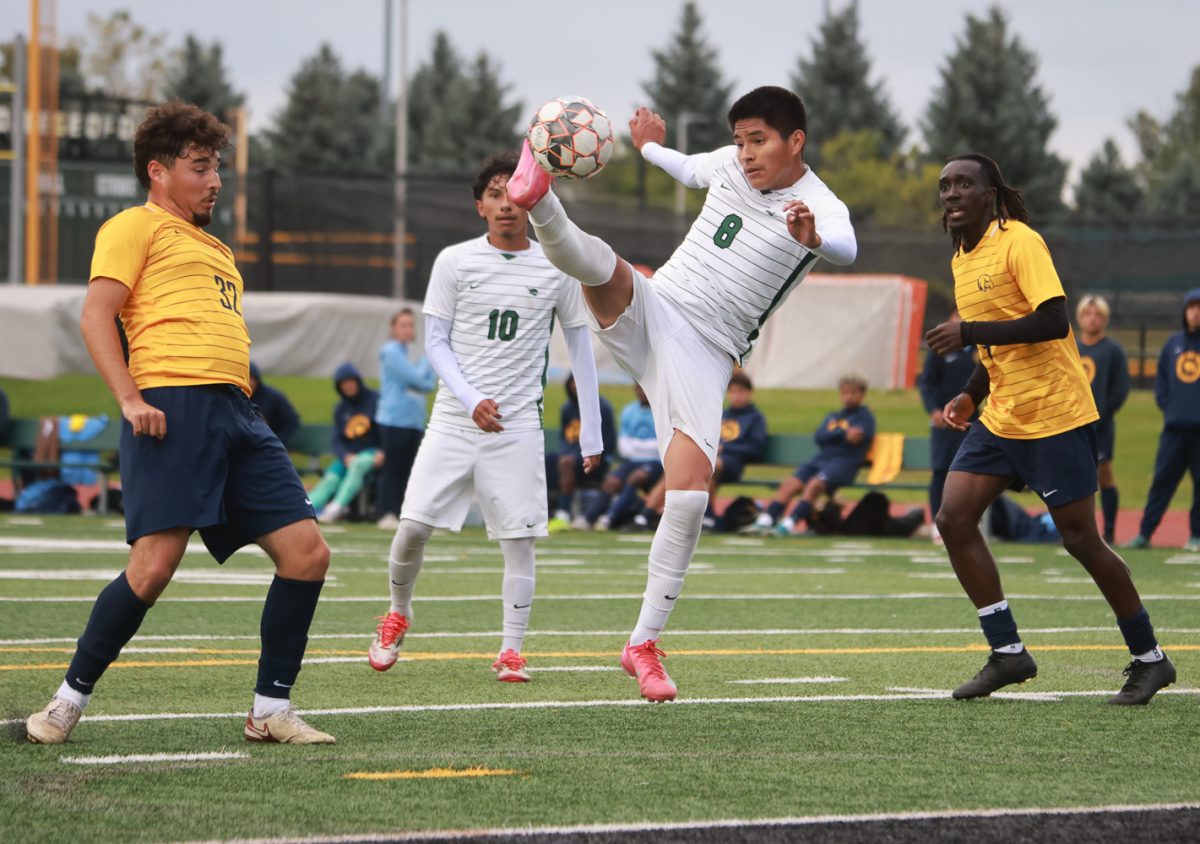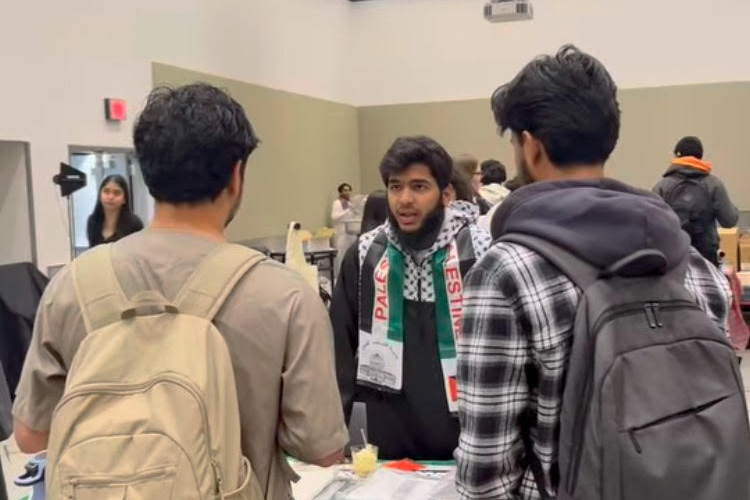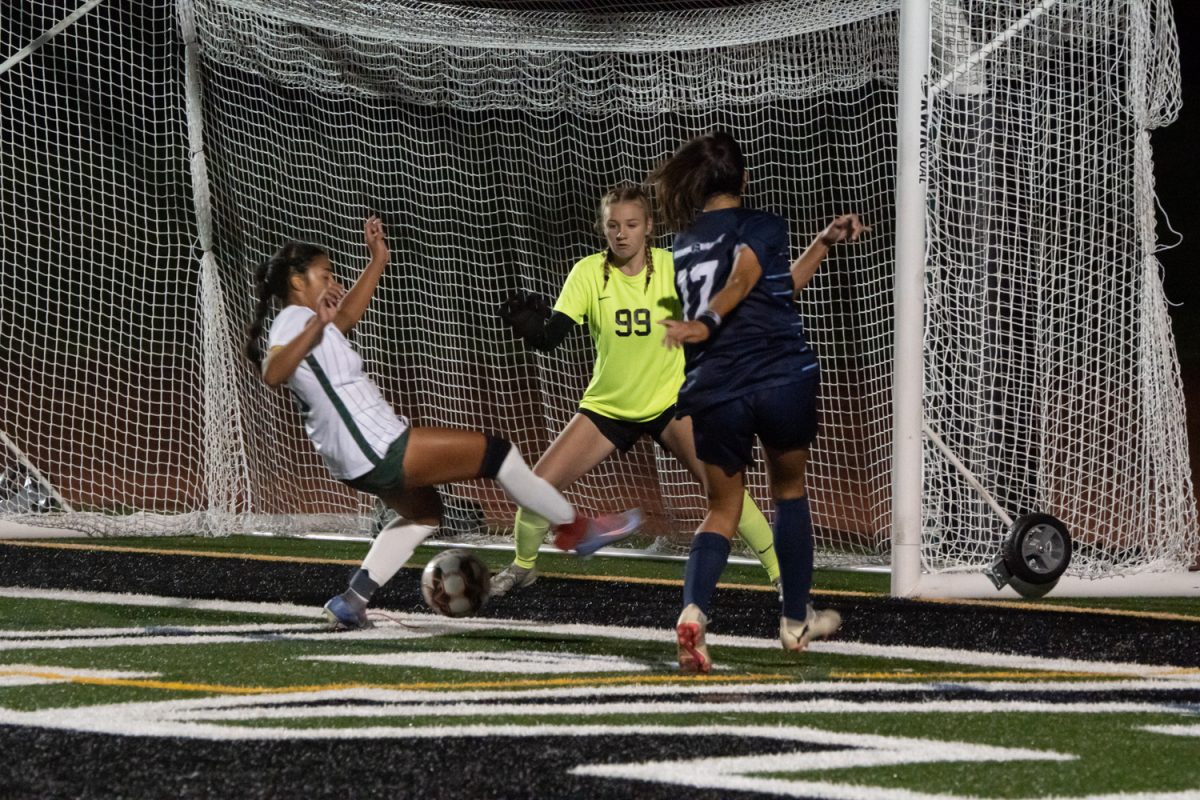What is it like being a STEM “trendsetter”? A Q&A with Disney’s Angel Price
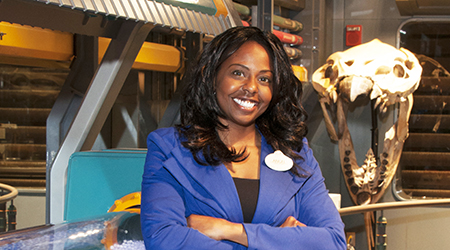
Angel Price
October 10, 2017
Walt Disney World’s attraction engineering services manager was a guest at a STEM Career Day on Oct. 7 hosted by the College of DuPage. Angel Price was on campus to talk to young high school students, but her insight on how to get more females into the STEM fields are noteworthy for college students.
Vandy Manyeh: Who is Angel Price?
Angel Price: I am a female who happens to work in a STEM field at Walt Disney World as the engineering services manager for “Pandora; The World of Avatar,” which is based on a movie most people are familiar with.
VM: What is like to be a woman in this male-dominant field?
AP: It’s a challenge. It is a challenge every day. A lot of my career in going through everything is a lot of isolation and not understanding where I fit in with a male-dominated field. Some of the things I like to express to females is that you might go into classrooms, and you might be the only female. But the best way to think about it is that you are the star of your own show, and this is your time to shine. It is great to be different in a world that may not be familiar or ready for you.
VM: You had so many options as a young person growing up in America, why did choose to go into engineering?
AP: I’ve always loved problem-solving. I’ve always loved taking things apart and seeing how things work. I wanted to get into a field where I can solve problems and make a difference; just sort of changing the world. I know it sounds advantageous. A lot of kids say they want to come in; they want to change the world, but I wanted to go into a field where I can solve big things. This just goes back to the fundamental of making people happy.
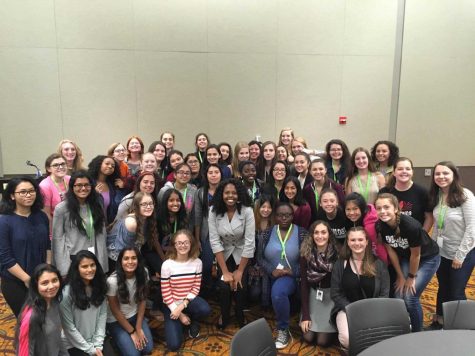
Angel Price with high school students during her recent visit to campus
VM: Did you have to make any sacrifice to become an engineer?
AP: I learned to have a different style of social life going through college. I was one of those students who tried to challenge that. Engineering is very demanding in general. I never wanted to go and hang out with my friends who were Psychology majors, just to really go there. I also noticed they seemed to have more of the social life. I had to find that balance. The sacrifice I gave into this is finding the balance in between being out and being everywhere and knowing when to stop and being focused. My true goal was to eventually graduate and get a job I love.
VM: As a female who did engineering, how is it like to succeed in college?
AP: Succeeding in college as a female is huge. It is huge because I know that the majority of the people that are around me in my field are males. I’m being the trendsetter for females who would eventually like to get into my field. I also knew I was going into a world where people are not comfortable with somebody that looks like me, or they are not comfortable with somebody that they aren’t used to. The whole goal is to get them more comfortable so that the idea of a female being in a male-dominant industry becomes a norm.
VM: How is it like being the “trendsetter” or just the only female working in an engineering office?
AP: I love it. In all honesty, I spent most of the years in school or work being the only one. Just think about it as you are the star of your own show. Me being there is bigger than me. I am trying to make a difference so that the next person that comes up can do the same thing.
VM: How important is it to share your story with high school students and even college students?
AP: It’s big. I honestly wished when I was in high school I saw females in technical fields like you see today. One, I didn’t know I wanted to do engineering until two years after I was already in college. Part of that was that I never saw somebody that looked like me in this type of field, even though I like some of the same things engineers like. I didn’t know it existed and that it was a possibility. The reason why I love reaching out and speaking at STEM events is that I want people to see somebody that looks like them.
VM: What opportunities are out there for a female who pursue a degree in a STEM-related field?
AP: The sky is your limit at this point in time. Attending programs like this give females the exposure to network. I am excited that each one of these little girls is able to see somebody and something they can connect with. They now have the opportunity to figure out what they want to do.
VM: What do you think can be done to bridge the gap between the number of males pursuing STEM degrees and female who do?
AP: I think exactly what we are doing now. I think the more females are aware of what is out there and that they can be a part, in turn, you are going to have females trying to change the world. If you don’t know what to pursue in college, that is fine. I’m even reinventing myself on a regular basis; and that it’s ok.
Price holds an M.E. degree from Purdue University, and an M.S. in Professional Engineering Management from the University of Central Florida and works on STEM programs in Central Florida.














